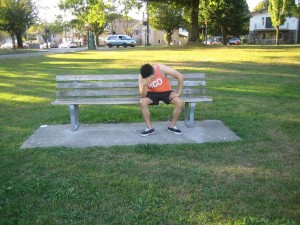Trained first aiders should prepare for a variety of emergency situations. This includes treating substance abuse patients. Read further to learn more about first aid for substance abuse patients.

As a trained first aider, you may encounter substance abuse patients. Providing care for an individual under the influence of alcohol or drugs can be quite a challenge. Making an accurate assessment can be tough, especially if the patient is incoherent or confused.
When providing first aid for substance abuse patients, you should prioritize your safety and that of bystanders. If the patient appears aggressive or has a tendency to become violent, do not attempt to help. Ask the help of local police or security to pacify the patient. Before providing care, identify yourself as a trained first aider and that you are there to help.
Depending on the situation, you may be required to follow these procedures:
- Check ABCs and provide basic life support, if necessary.
- Call local emergency services and the poison control center.
- Continue to monitor vital signs, especially for possible respiratory arrest. If available, provide oxygen.
- Protect the patient from self-harm and attempting to inflict injury to others. If possible, avoid using restraints. However, restraints may be used if the situation calls for it or under a doctor’s order.
- Monitor for signs of shock and be ready to provide care.
- Assess carefully for other possible injuries, such as fractures and injuries to internal organs, bleeding, head injuries, or burns.
- Check for gross tissue damage, especially on extremities, resulting from the injection of drugs. Cover the sites with dressing and bandage.
- Continue monitoring while waiting for ambulance. Watch out for convulsions, vomiting, shock, and respiratory arrest. Immediately transport the patient to the nearest hospital.
- Provide reassurance and stay with the patient.
The signs and symptoms of the patient may be affected by the type, the amount and dosage of substance ingested. Many substance abuse patients appear calm at first but can become violent as the effects of the drug set-in or fade away. Be always on guard and be ready to protect yourself for possible harm. If the patient becomes aggressive or violent while providing first aid, get out and go to a safe place. Let the law enforcement officer handle the patient before resuming with first aid.
Drugs, such as the PCP, can have an adverse effect on the patient’s judgment. PCP drug abusers may not understand right and wrong. They may find nothing wrong with hurting a trained first aider. Moreover, they may view your interventions on a negative light. Police support is highly recommended when treating substance abuse patients, especially those displaying aggressive behavior.
